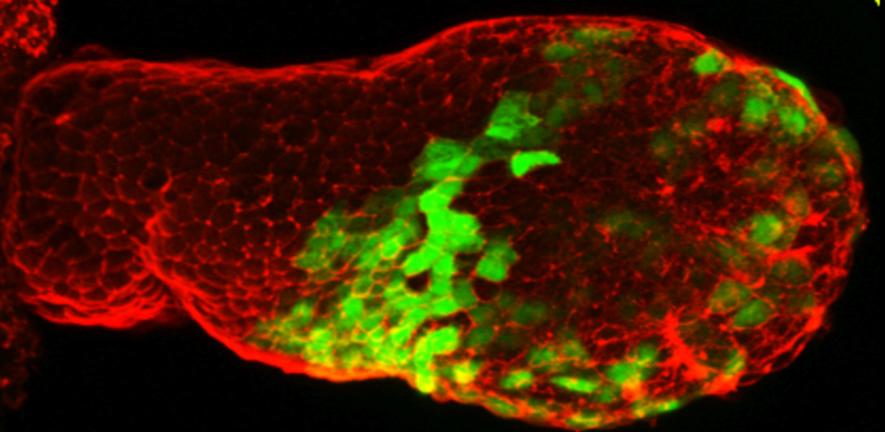
Pregnancy disorders, particularly pre-eclampsia, are responsible for the enormously high maternal mortality rate in Africa. More African populations need to be studied so as to quicken the discovery of the key susceptibility and protective genes for pre- eclampsia since Africa has great genetic diversity, less linkage equilibrium and a high disease burden. “It makes scientific and economic sense to investigate pregnancy disorders in a setting where they have such a major impact on maternal and neonatal mortality.” Professor Ashley Moffett
Research on Maternal-Fetal Interactions
New insights into pregnancy are resulting from research on the interaction between mother and fetus at the placental interface and partnership with Makerere University and Mulago Hospital in Uganda.
Iron Deficiency Anaemia in Pregnancy
Iron deficiency anaemia is still the largest nutritional deficiency disorder in the world, and the only one that remains prevalent in the western world. A Novel Nano-iron Supplement has been developed to safely combat iron deficiency and anaemia in Young children.
Epigenetic and Trancriptional Correlates of Placental Malaria
Genome-environment interactions play a key role in the development of disease processes. Professor Nabeel Affara and his researchers in MRC Gambia are interested in understanding better the risk placental malaria can have on new-borns and their mother.

